On the face of it, ITV’s Peter & Wendy sounded like a perfect family offering for Boxing Day: an adaptation of J.M. Barrie’s novel, with a framing story about how much Peter Pan can still mean to children today. In fact, though, the programme suffered from one serious flaw for any Boxing Day entertainment — if you were slightly drunk, slightly hungover or both, it was almost impossible to understand. Then again, I suspect that even the most weirdly sober of viewers might have struggled with a drama that never seemed to know the difference between the intriguingly suggestive and the utterly baffling.
The opening sequence played to one of its undoubted strengths, with an introductory cameo from Stanley Tucci’s Captain Hook. Tucci did appear to have learned how to act English from a box set of Terry-Thomas films — but his all-chortling, all-moustache-twirling performance would still prove a master-class in the art of shameless scene-stealing.
Meanwhile, we cut from Neverland to Great Ormond Street hospital in the present, where 12-year-old Lucy had arrived for a lifesaving operation. Short of something to read, she was given Peter &Wendy by a porter of profound wisdom who, as luck would have it, was also a Barrie scholar. At first, Lucy protested that ‘Peter Pan’s for little kids’, but before long she was duly rapt — and so was every other child in the ward as she read it out to them, and all concerned imagined themselves in the Neverland story.
For a while, the resulting parallels were not only comprehensible but also rather neat. The motherly Lucy metamorphosed easily enough into Wendy. Neverland itself came to represent a kind of holding area between life and death — the threats the children experienced there interwoven with scenes at the hospital showing them battling against their illnesses. Yet the longer the programme went on, the less interest it seemed to take in making its own symbolism hang together.
Why, for example, did Tucci also play Lucy’s sympathetic and brilliant surgeon? Was it to suggest some similarities between the evil Hook and the saintly doctor? (In which case, why weren’t there any?) Or was it just so the makers could get their money’s worth out of a big American star? If Lucy was Wendy, why did her biggest crisis on the operating table run in parallel with the near-death experience of Tinkerbell? And if, as appeared plausible, the idea was that Lucy needed to believe in her own survival to ensure it, why make this analogous with believing in fairies?
You may think I’m being over-literal here about a programme that was meant to be at least partly dream-like. Nonetheless — and even leaving aside the fact that dreams may not have to make sense, but TV dramas do — the feeling persisted that Peter & Wendy had begun with every intention of remaining coherent, before deciding that if it couldn’t make all its ideas fit together, it was going to bung them in anyway and hope for the best.
Luckily, there was far more straightforward family fun to be had from Billionaire Boy (BBC1, New Year’s Day), co-adapted from his own book by David Walliams, who in his spare time has become one of the country’s best-loved children’s authors. Even during the period of Little Britain’s inexplicable all-conquering popularity, nobody could have argued that its comedy was richly nuanced — but, as it turns out, Walliams’s fondness for the broad approach comes into its own when he’s writing for children.
So it was that within minutes Len Spud (John Thomson at his most impressively hangdog) had risen from impoverished toilet-paper factory worker to full-blown toilet-paper tycoon by inventing Bum Fresh — ‘the biggest things to hit toilets since aloe vera’. Then, with his own bottom placed comfortably on a gold chair in his huge mansion, Len set about the business of forgetting his roots and neglecting his teenage son.
Still, while any grown-ups watching won’t have had much trouble predicting what would happen next, the plot was really only an excuse for a series of comic turns from the likes of Warwick Davis as the butler (complete with lots of gags about how small he is); James Fleet as the harassed head of the local comp (motto: ‘Doing The Best We Can’); and, broadest and funniest of all, Catherine Tate opting for a pretty straight impersonation of Cheryl Cole as Len’s gold-digging girlfriend. Needless to say, Walliams himself also found another reason to dress as a lady, in this case by playing the inept school cook (‘The pie today is kidney and custard’).
The intended moral of the programme was naturally that money can’t buy happiness — except in the scenes where it did. The unintended one, which Walliams seems finally to have learned, is that childish humour is at its winning best when it’s aimed at children.
Got something to add? Join the discussion and comment below.
Get 10 issues for just $10
Subscribe to The Spectator Australia today for the next 10 magazine issues, plus full online access, for just $10.

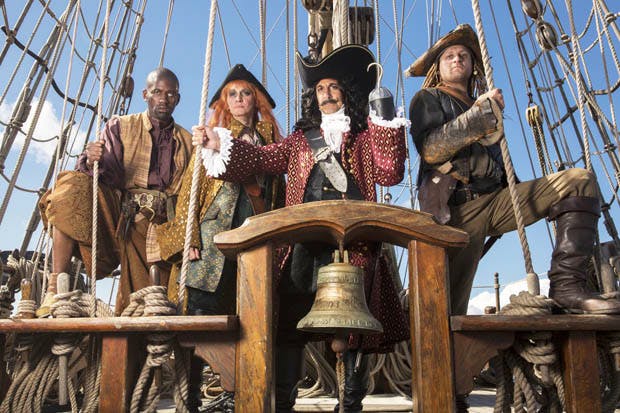
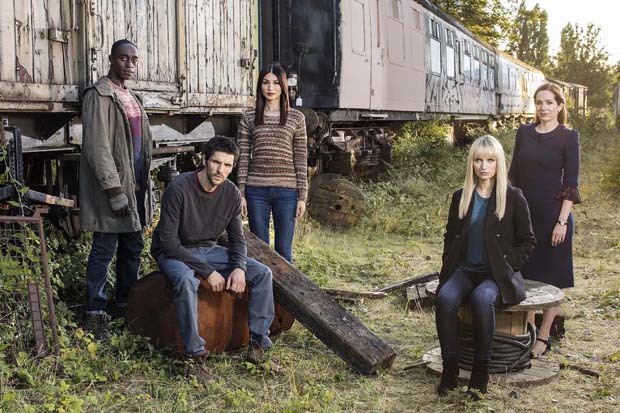
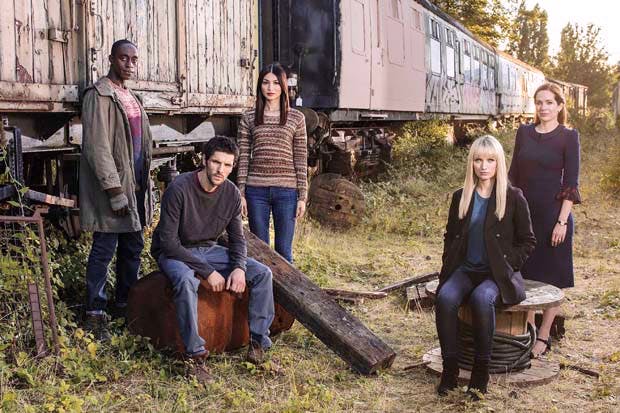
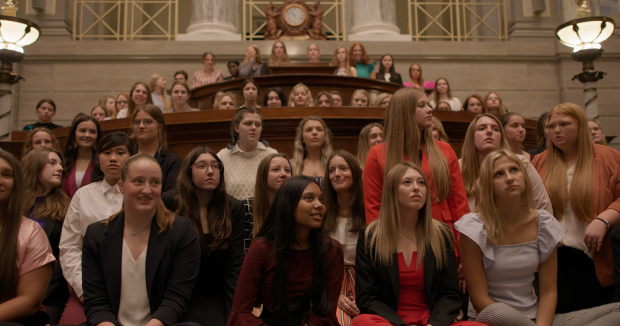


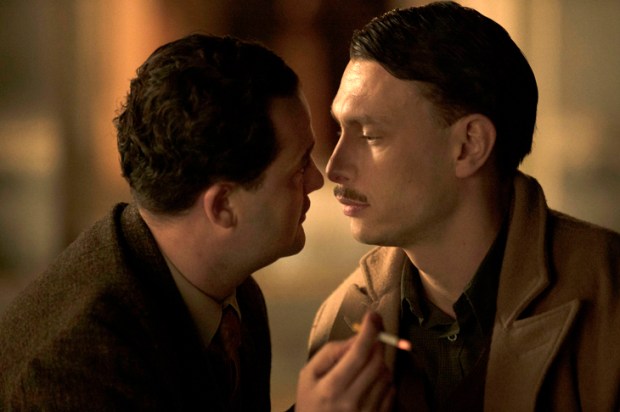






Comments
Don't miss out
Join the conversation with other Spectator Australia readers. Subscribe to leave a comment.
SUBSCRIBEAlready a subscriber? Log in